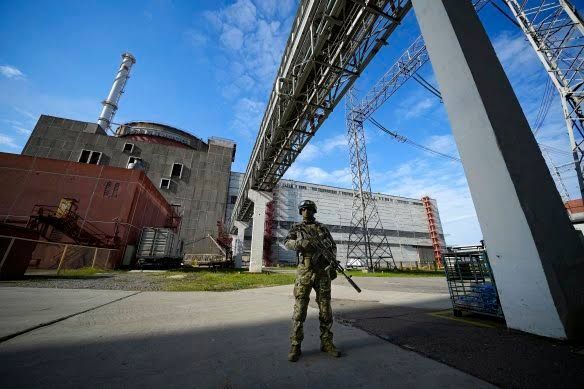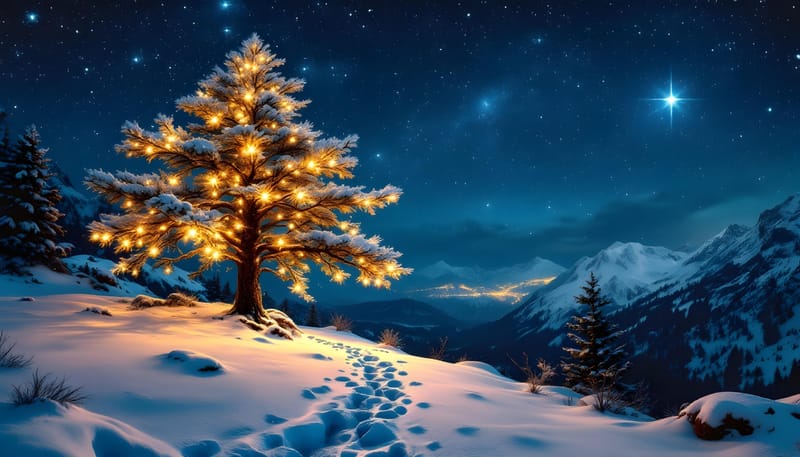Mounting Tensions Over Zaporizhzhya Nuclear Plant: Russia and Ukraine Accuse Each Other of Imminent Attack
Russia and Ukraine, in a fresh bout of accusations, have alleged each other of plotting an imminent attack on the Russian-controlled Zaporizhzhya nuclear power station. The power station, long a subject of mutual recriminations, is Europe's largest nuclear facility with six reactors, and was seized by Russian troops

Russia and Ukraine, in a fresh bout of accusations, have alleged each other of plotting an imminent attack on the Russian-controlled Zaporizhzhya nuclear power station. The power station, long a subject of mutual recriminations, is Europe's largest nuclear facility with six reactors, and was seized by Russian troops following the Kremlin’s invasion of Ukraine in February 2022.
Ukrainian President Volodymyr Zelensky, in his conversation with French President Emmanuel Macron, discussed "dangerous provocations" by Russia at the plant. He later revealed that Ukrainian intelligence had obtained information of devices "resembling explosives" planted by the Russian military on the roofs of several power units at the plant.
Renat Karchaa, an adviser to Rosenergoatom, the operator of Russia’s nuclear network, alleged a planned Ukrainian attack on the plant. He claimed that Ukraine would drop ammunition filled with nuclear waste transported from another of its five nuclear stations. He, however, failed to provide any evidence supporting his allegations.
Despite the plant currently not producing electricity, fears of a significant nuclear mishap persist due to continued shelling around the plant. The Ukrainian armed forces stated that "explosive devices" had been placed on the roofs of the plant's third and fourth reactors, with an attack possible "in the near future". Although these explosions, if detonated, would not damage the reactors, they could create an image of Ukrainian shelling.
Zelensky reiterated his stance, stating that Russia is the only source of danger to the Zaporizhzhya plant. He mentioned his agreement with Macron to keep the situation under maximum control together with the IAEA, the UN’s International Atomic Energy Agency.
The IAEA has been trying for over a year to negotiate a deal to demilitarize the plant and reduce the risks of any nuclear accident. IAEA director General Rafael Grossi, despite three visits to the plant since the Russian takeover, has failed to secure any agreement to protect the facility from shelling.
Zelensky's adviser, Mykhailo Podolyak, criticized Grossi's efforts, claiming that the IAEA had faltered in its approach to the problem and warning that any disaster at Zaporizhzhya could have been prevented with a clearer stance from the beginning.




